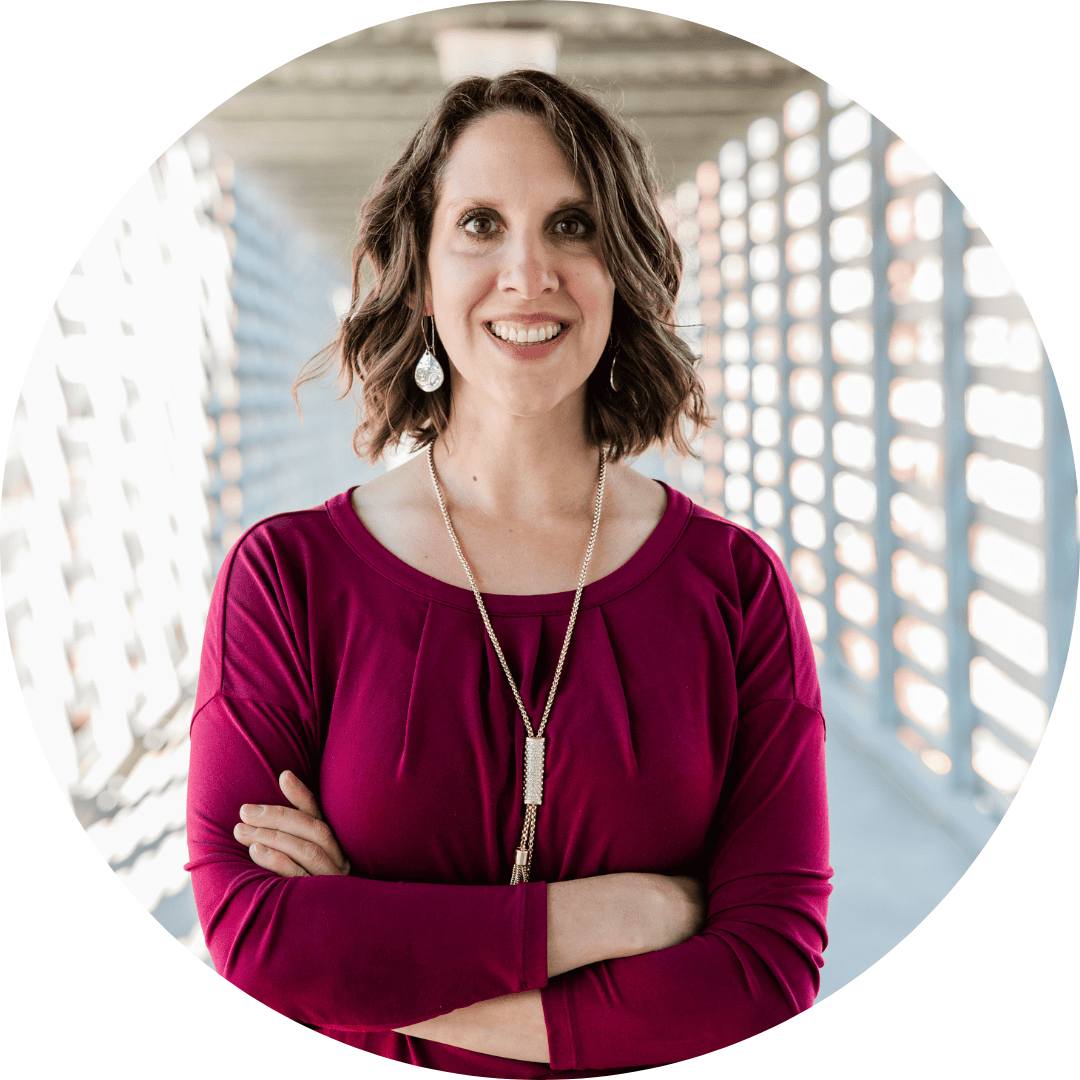CURIOUS QUESTIONS FOR THE END OF THE YEAR
“I have 8000 questions,” I said to an old friend who I hadn’t seen in quite some time. “Shoot,” he replied.
After countless hours and at least that many questions volleyed back and forth, many of them hard, tangential, deep, personal, whimsical, or out of left field, I felt as though we had both grown, in our understanding of each other as well as ourselves.
And I am reminded of two things that I think are incredibly relevant as the year comes to a close and we enter a new one: the importance of curiosity and the of the questions we ask.
The Importance of Curiosity
There are different types of curiosity, but the one I want to focus on can be defined as an interest in learning, and I believe it’s a bit of a psychological superpower. It’s a great antidote to boredom. When you can harness curiosity In the face of the mundane, you may find that it’s not so dull after all. Think of children who are in awe of the smallest things. Their years have not led them to take things for granted or stifled their curiosity. Moreover. when we can tap into that curiosity and actively quest for knowledge, we activate the reward center of our brains. Those dopamine hits feel good and are naturally reinforcing for us.
Beyond the nueurochemicals, though, curiosity is an incredibly helpful stance to approach the world form. If we get curious about our own inner workings, we are going to learn more about how we tick and have a more accepting view of our idiosyncrasies. When we approach others with curiosity, we shed assumptions that might lead to miscommunication. We can let go of judgments, instead being open and, again, accepting, strengthening our bonds and collaborations.
Similarly, curiosity aids in acceptance of difficult circumstances. I’m not saying that it will turn an unpleasant situation into a desirable one, but it does change how we experience it. When we try to learn everything we can about the circumstances, it makes them easier to tolerate and cuts down on a lot of the extra mental baggage that increases our suffering. In sum, I believe that curiosity is a key to openness, acceptance, and a more rewarding life experience.
The Importance of the Questions We Ask
The questions we ask (or are asked) matter more than you may realize. The question itself shapes our responses. The what and how it is asked directs our mind down a certain path of thinking. It influences what we notice and remember.
For example, a study way back in the 60’s involved tracking the eye movements of participants while they looked at a painting. The results distinctly showed that the question asked influenced the participants’ eye movements. That is, they honed in only on the parts of the painting relevant to answering the specific question they had been asked. Who knows what details they overlooked because their brains deemed them “not relevant for the task at hand [answering the question]”?
Coming from a different angle, there are tons of studies that show that questions influence the memories of eye witness testimony…sometimes quite dramatically. People recall events that didn’t actually happen or forget about important aspects until they’re asked point blank.
Within my own arena, providing therapy, I’m keenly aware that the questions I ask shape the conversations we have. The questions are like directions, pointing us down one path or another, with some paths leading to nothing while others lead to break throughs. While I may be over-reaching a bit, I take all of this together to mean that the quality of questions we ask ourselves and others is critical.
End of the Year Reflections
As this year winds down, let’s take some time to reflect so that we can move forward with our eyes open, motivation high, and direction clearly illuminated. I encourage you to approach your reflections with an air of curiosity and to ask different questions. Rather than the common ‘How was this year?’ “What did I like or not like?” “What went well and what didn’t?” “What do I want to keep and what do I want to change?”, consider some of these:
In what way(s) have I grown as a person?
Who and/or what helped me grow?
What were the hardest moments of the year? What did I learn about myself through overcoming those challenges?
What were some of my biggest victories? What were some of my small, easy to overlook victories? What do these victories tell me about myself?
What allowed me to be successful?
Where or how did I get to display my strengths? What did I notice about those experiences and how they felt for me?
Which people in my life left me better after our interactions? Which left me feeling drained?
What did I complain most about? How might I make a change to remove that complaint from next year
What do my experiences over the past year tell me about my needs? Did I prioritize making sure my needs were met? How might I meet them going forward?
Where am I stuck in a rut?
What am I most proud of? Least proud of
When was I happiest? The most inspired? The closest to my ideal version of me
What question have I been avoiding asking myself? What decision or change have I been avoiding making? Why am I avoiding?
“The best scientists and explorers have the attributes of kids! They ask questions and have a sense of wonder.
They have curiosity. ‘Who, what, where, why, when and how!’ They never stop asking questions, and I never
stop asking questions, just like a five year old.” – Sylvia Earle

Written by Dr. Ashley Smith
Peak Mind Co-founder


